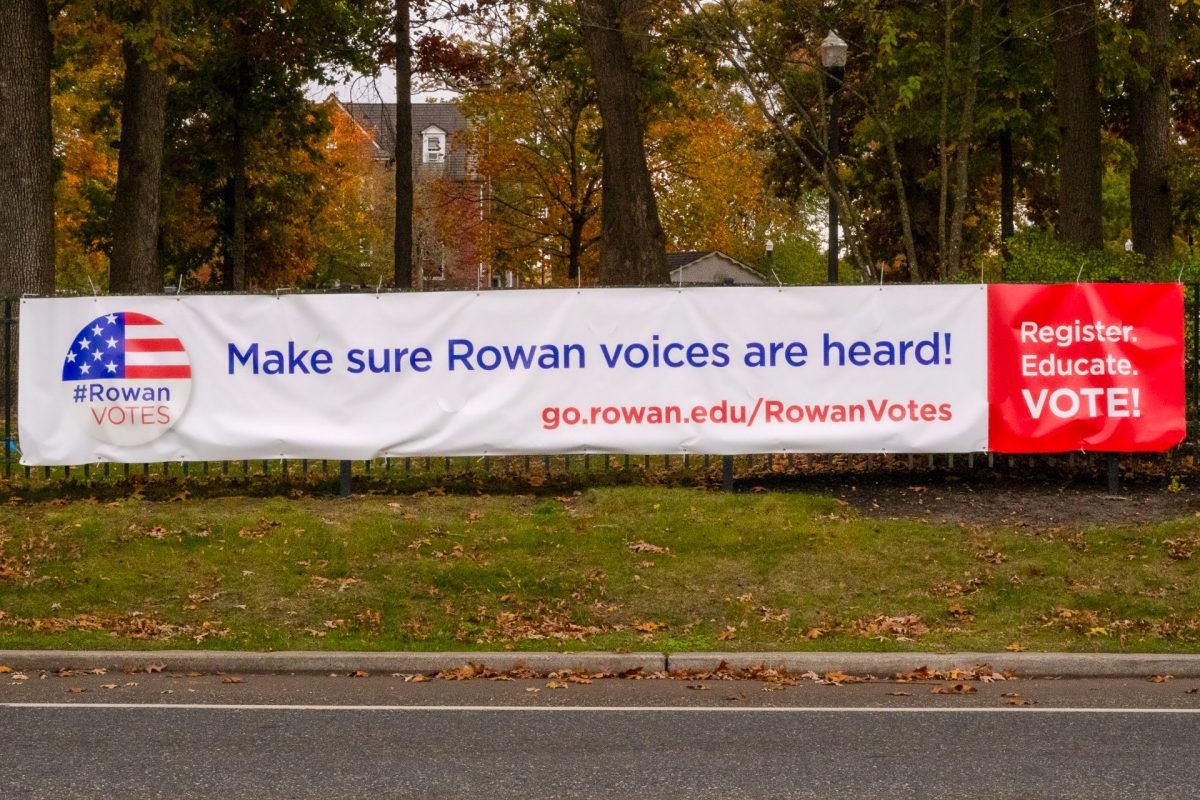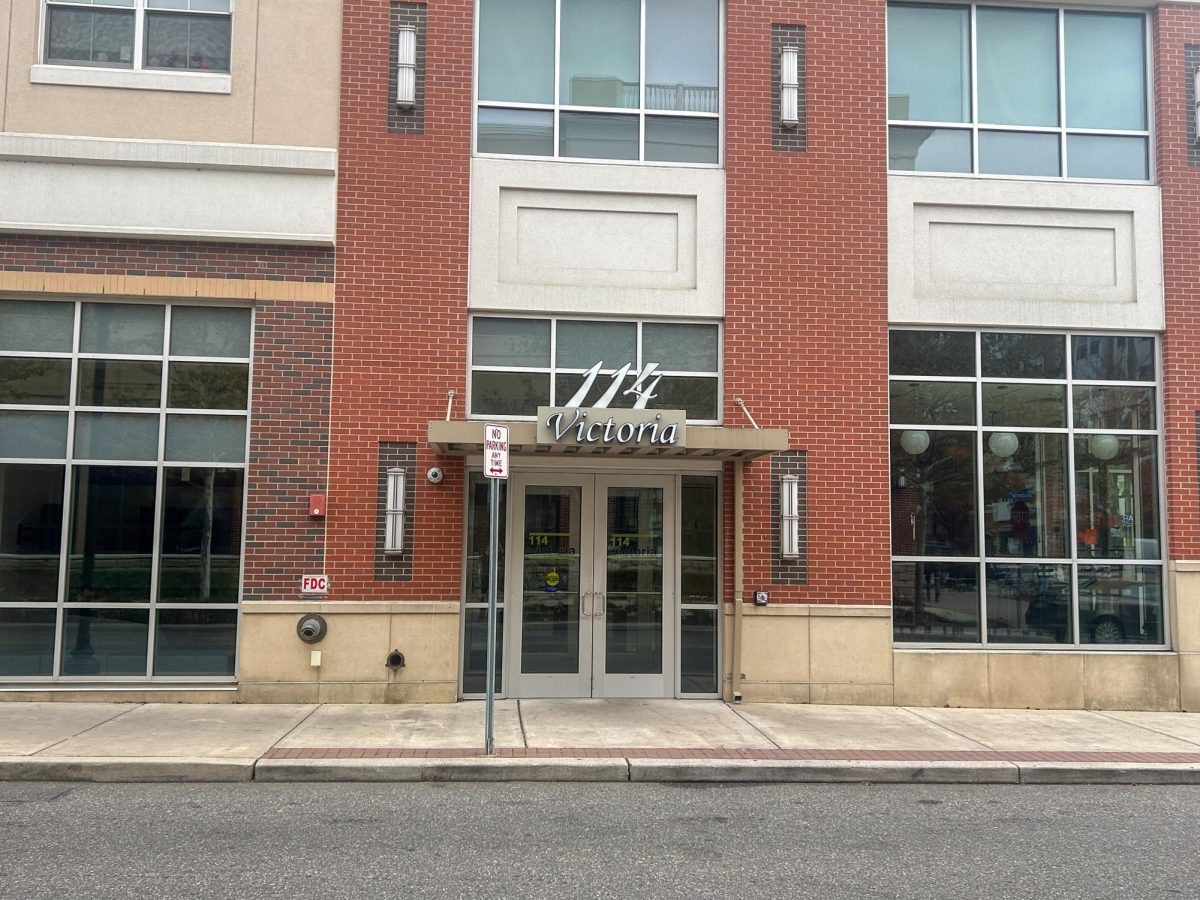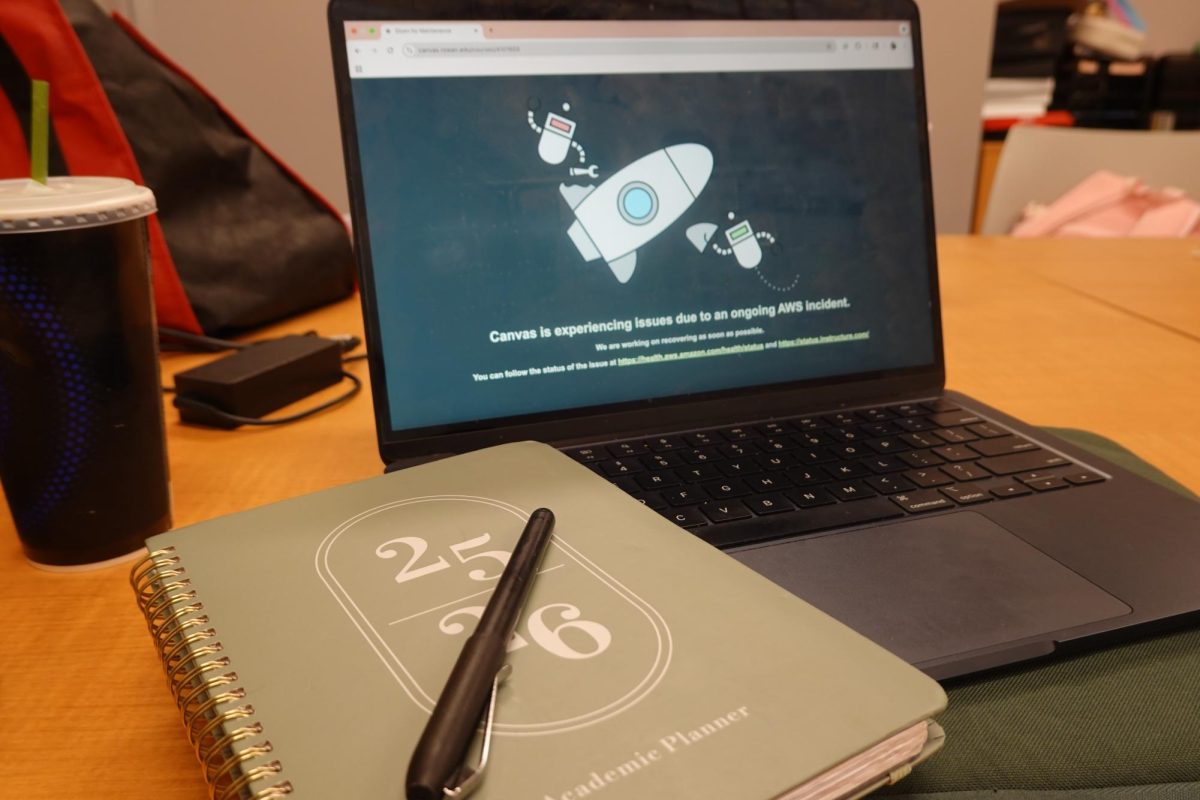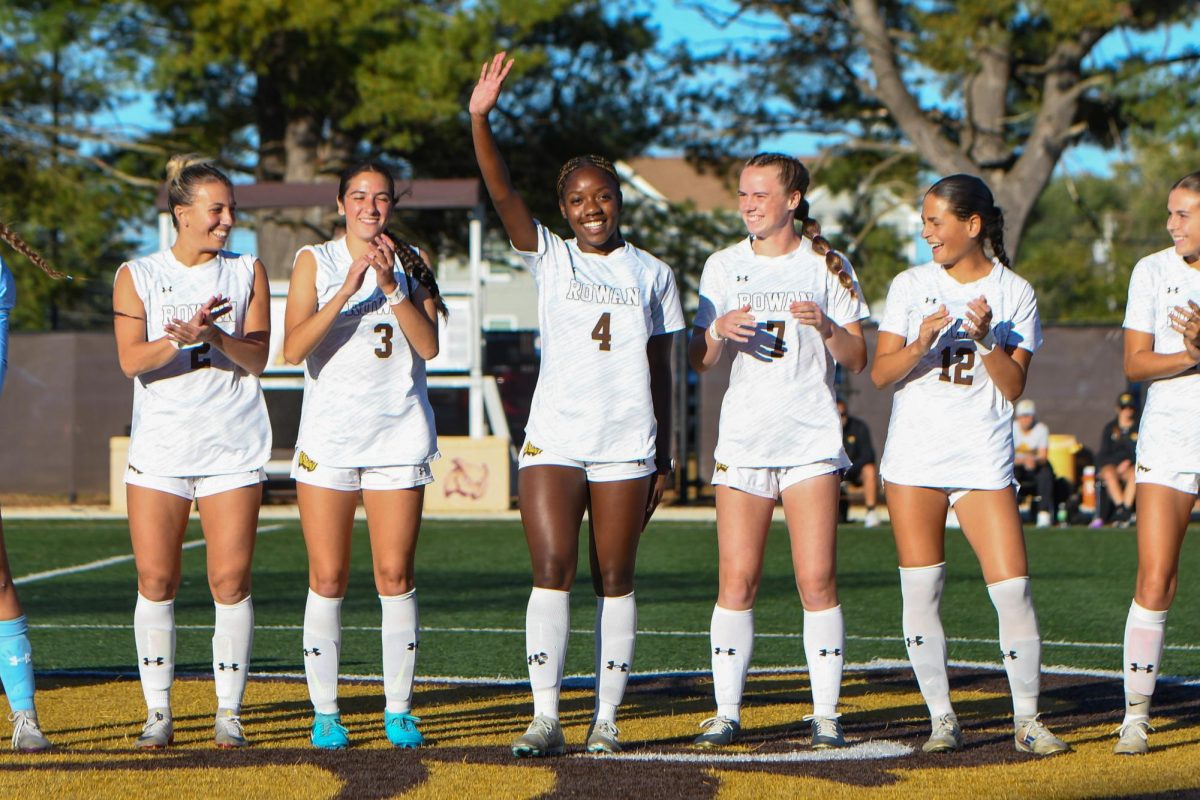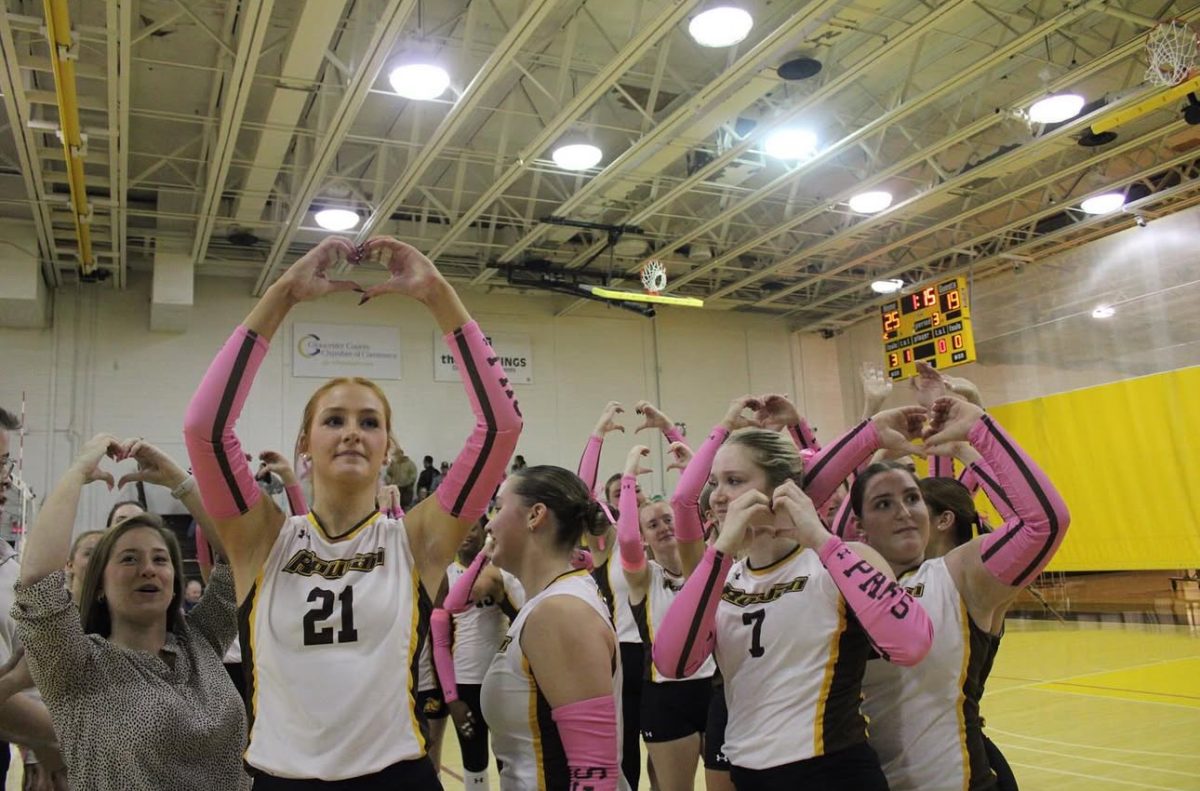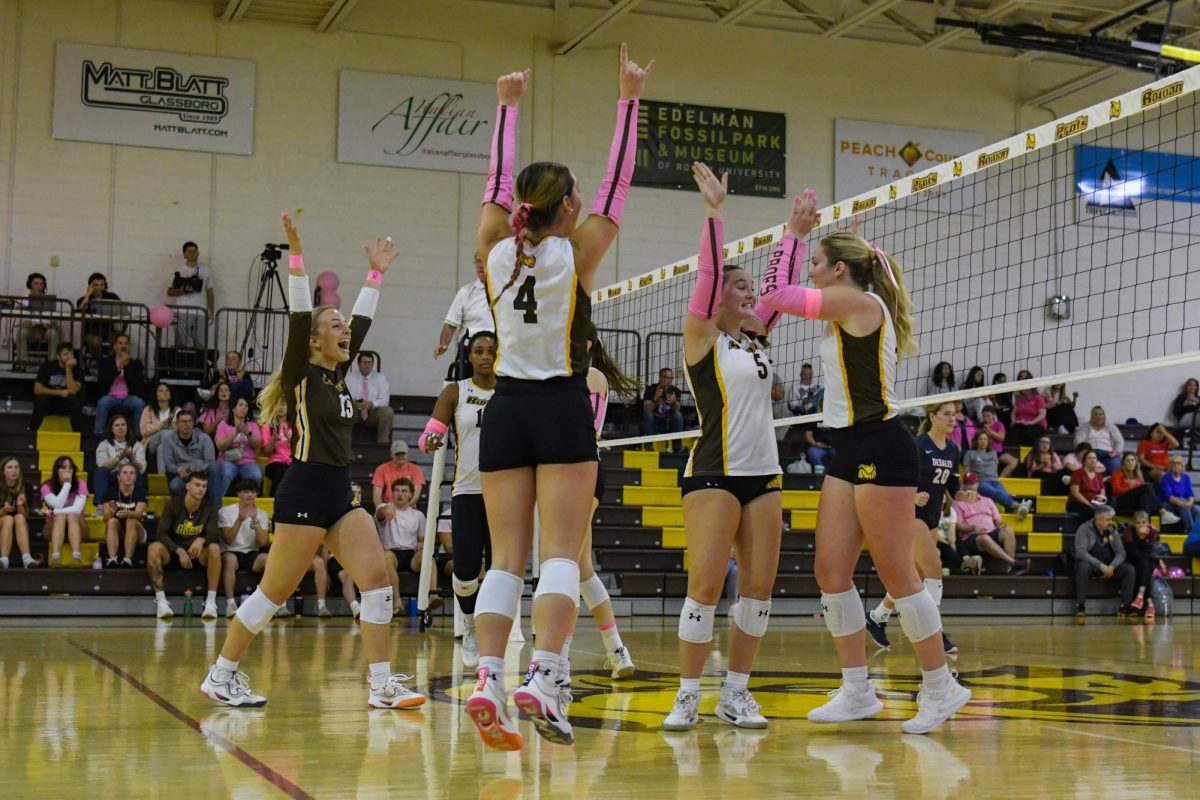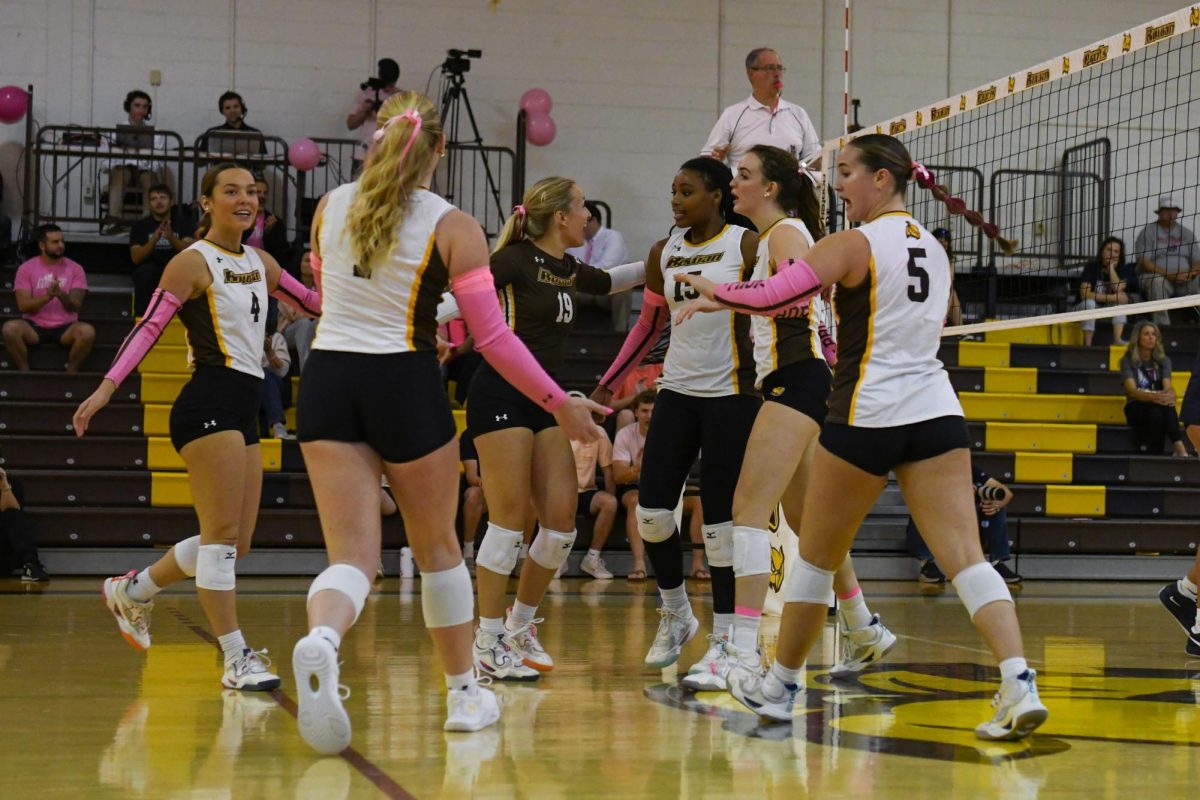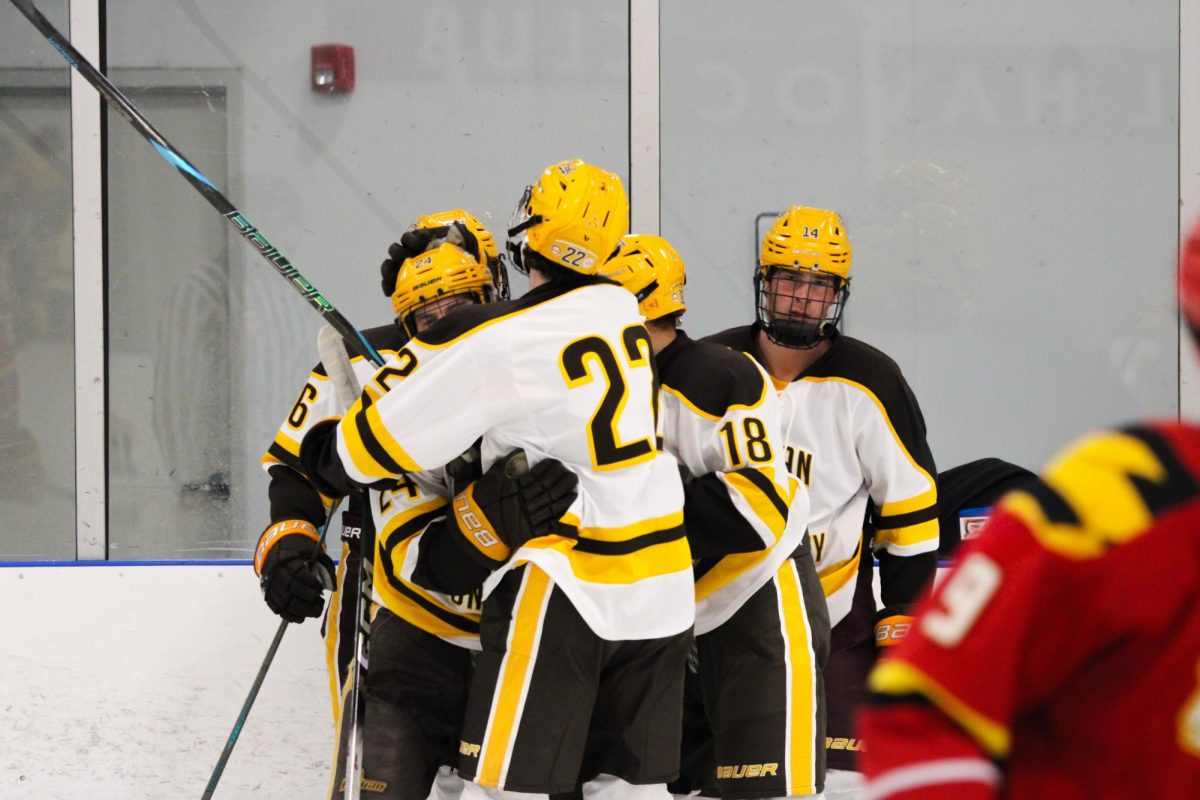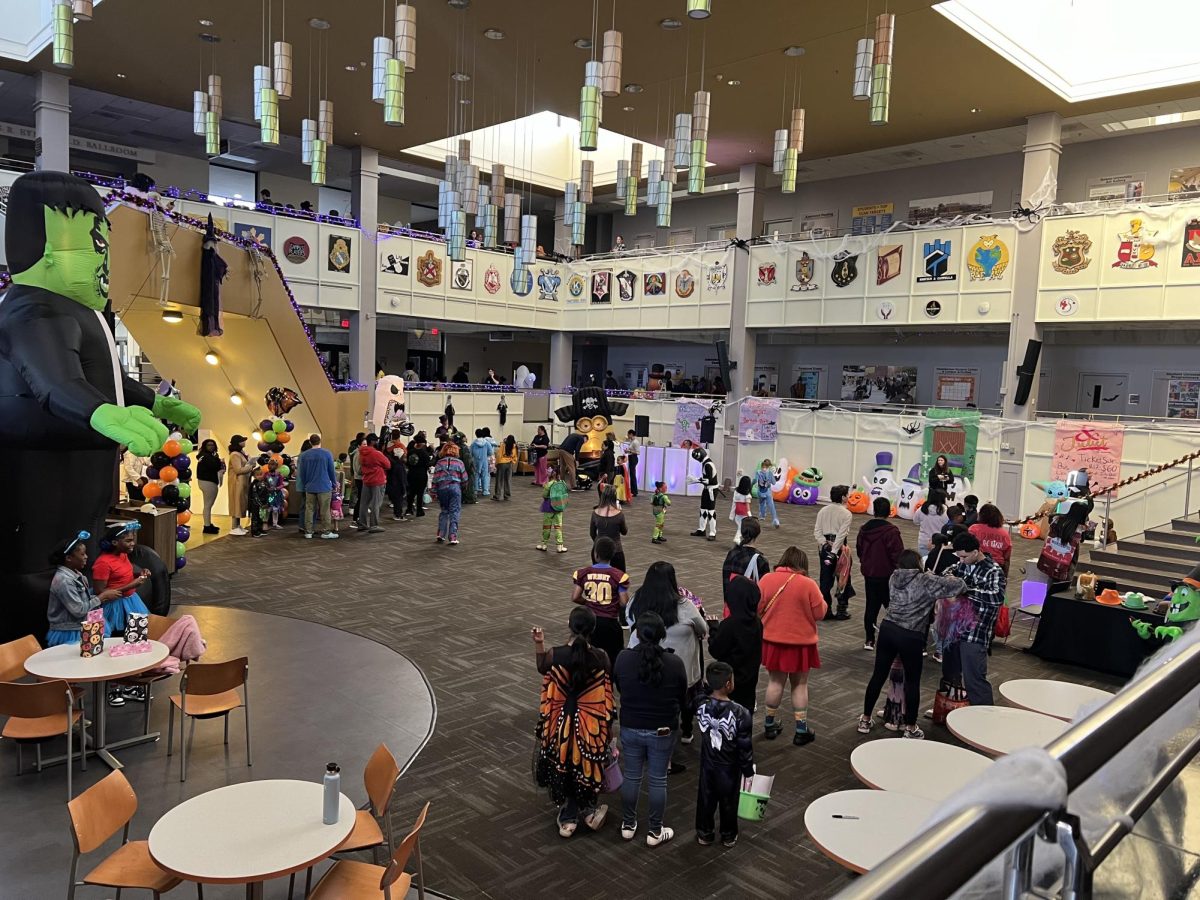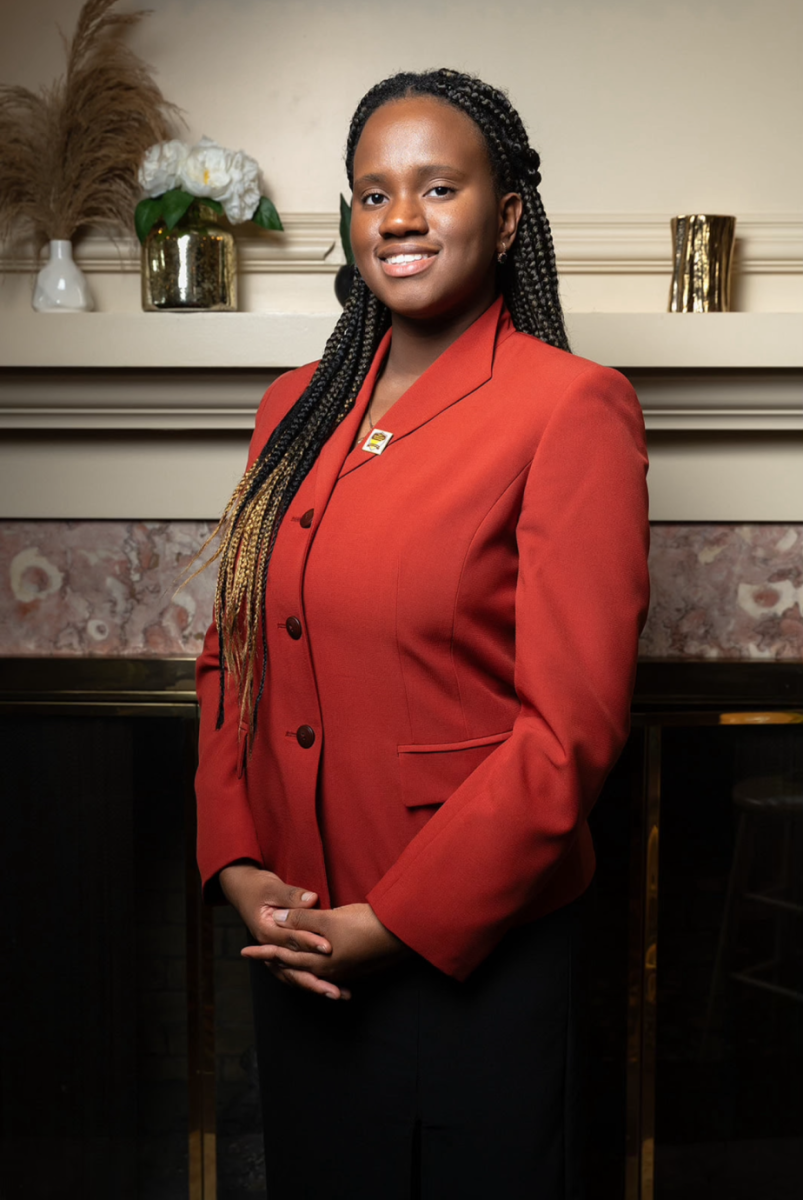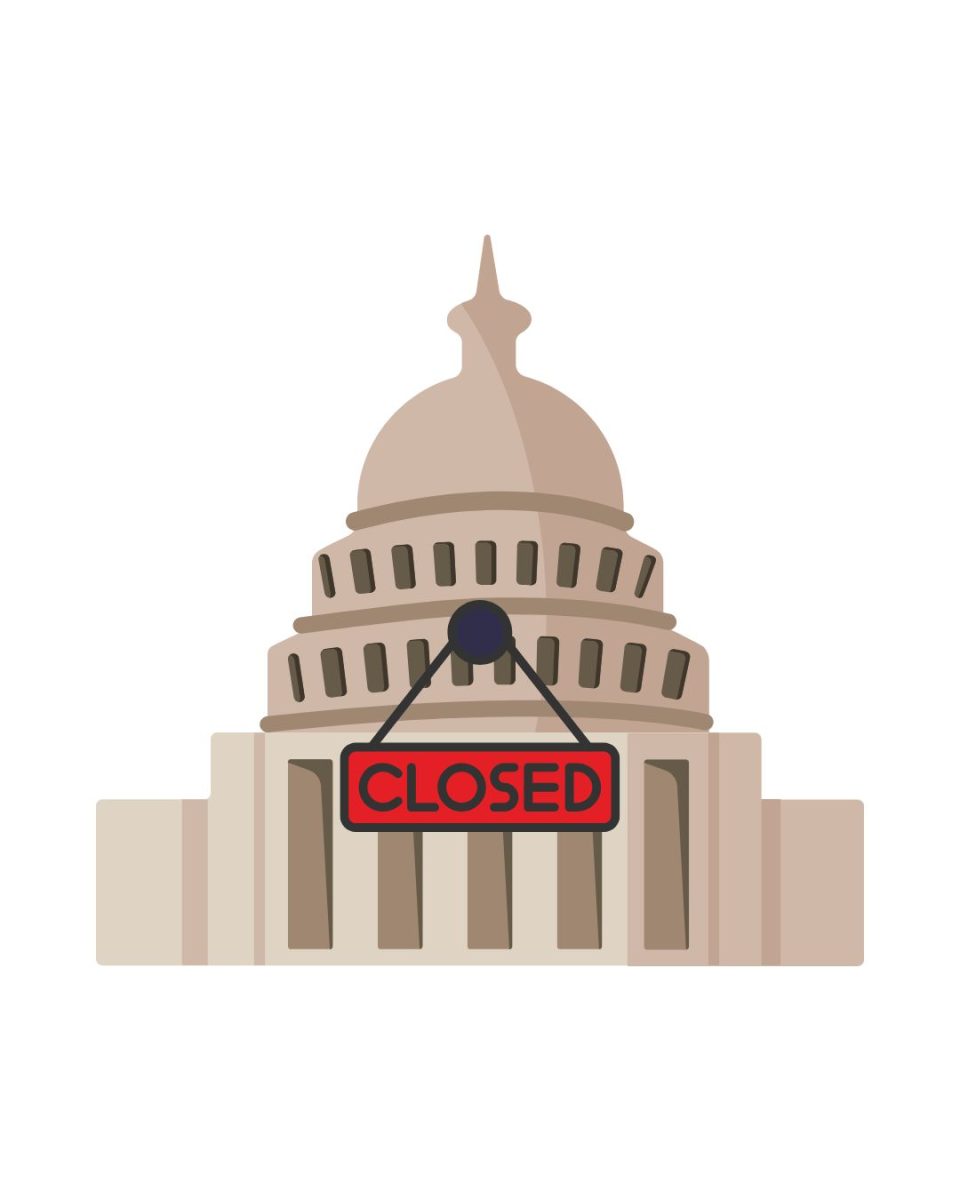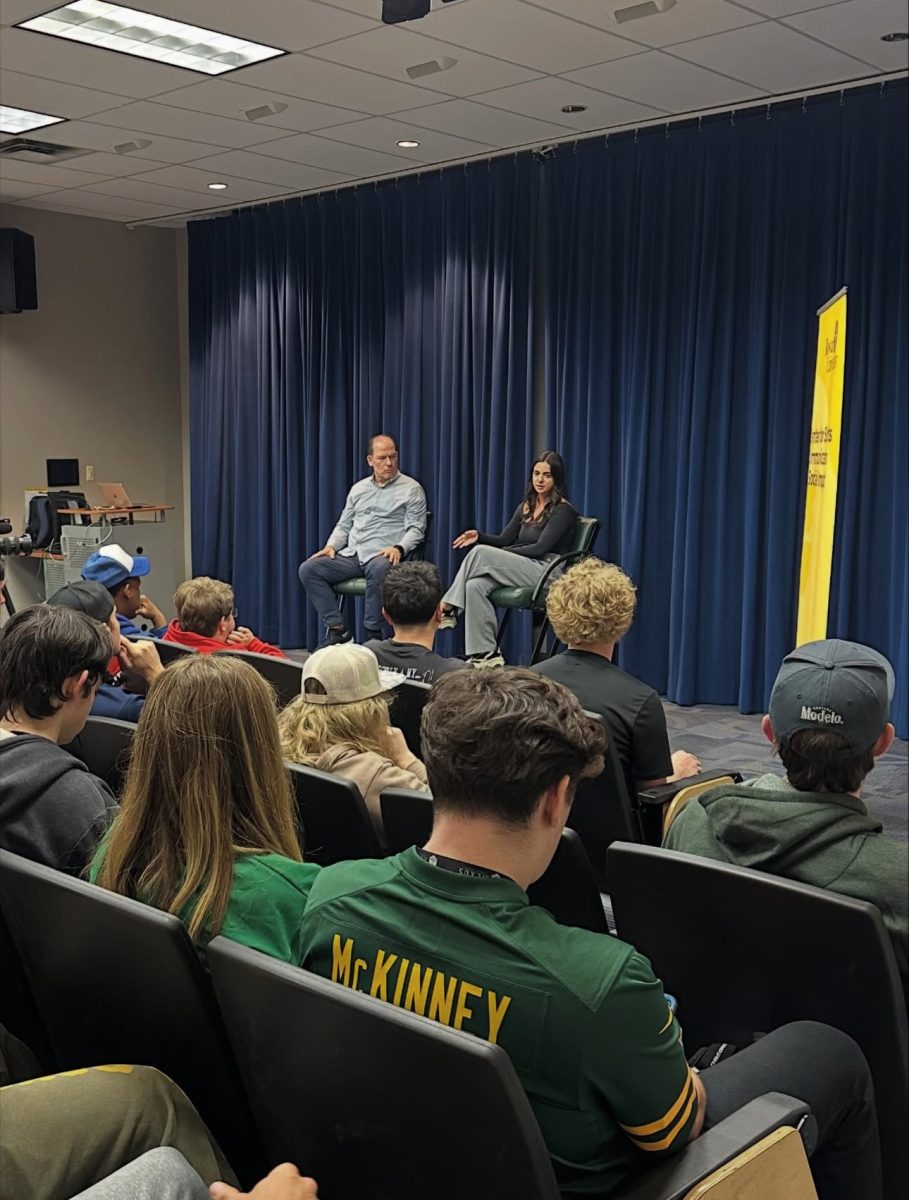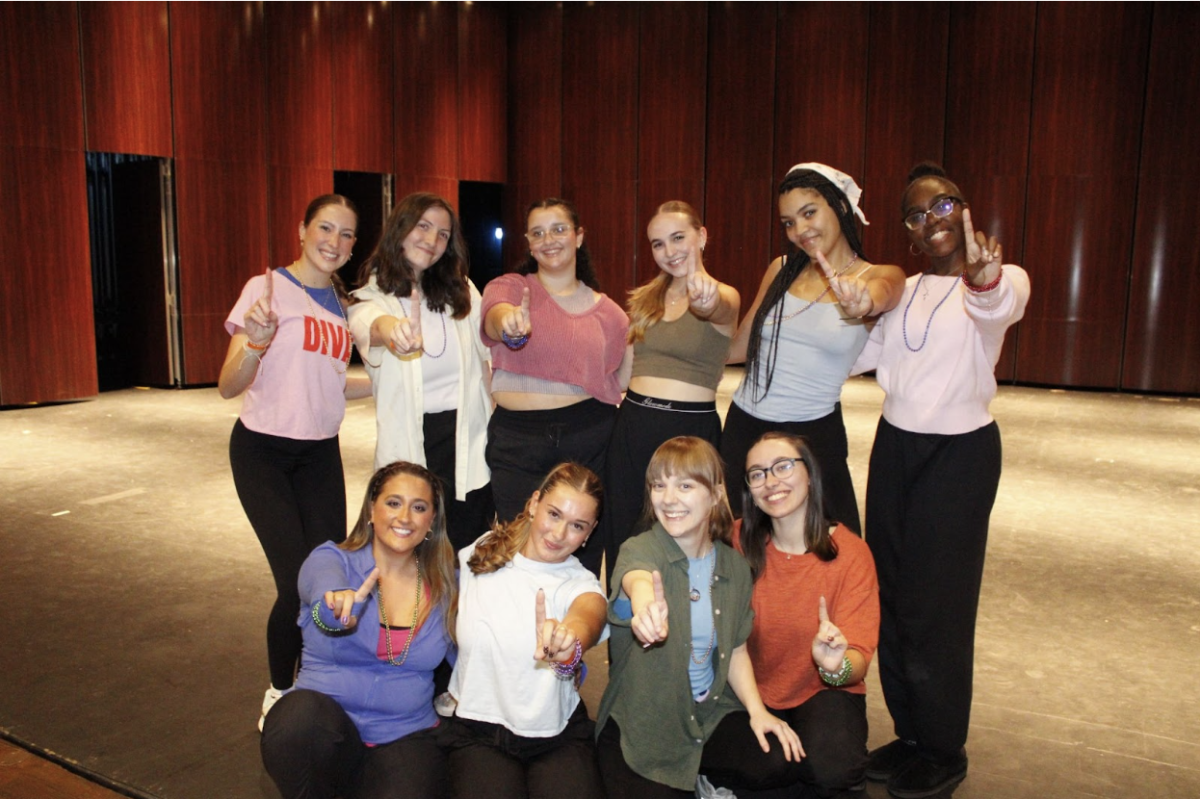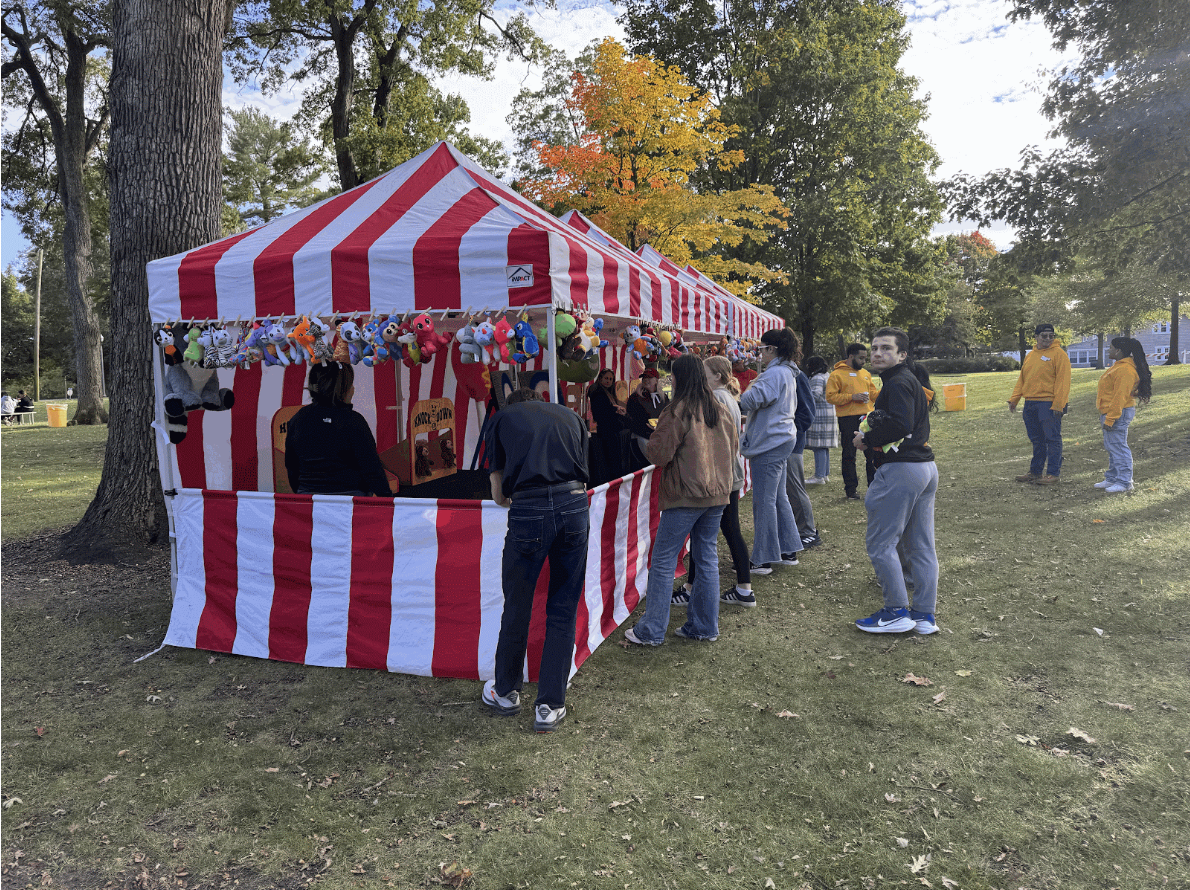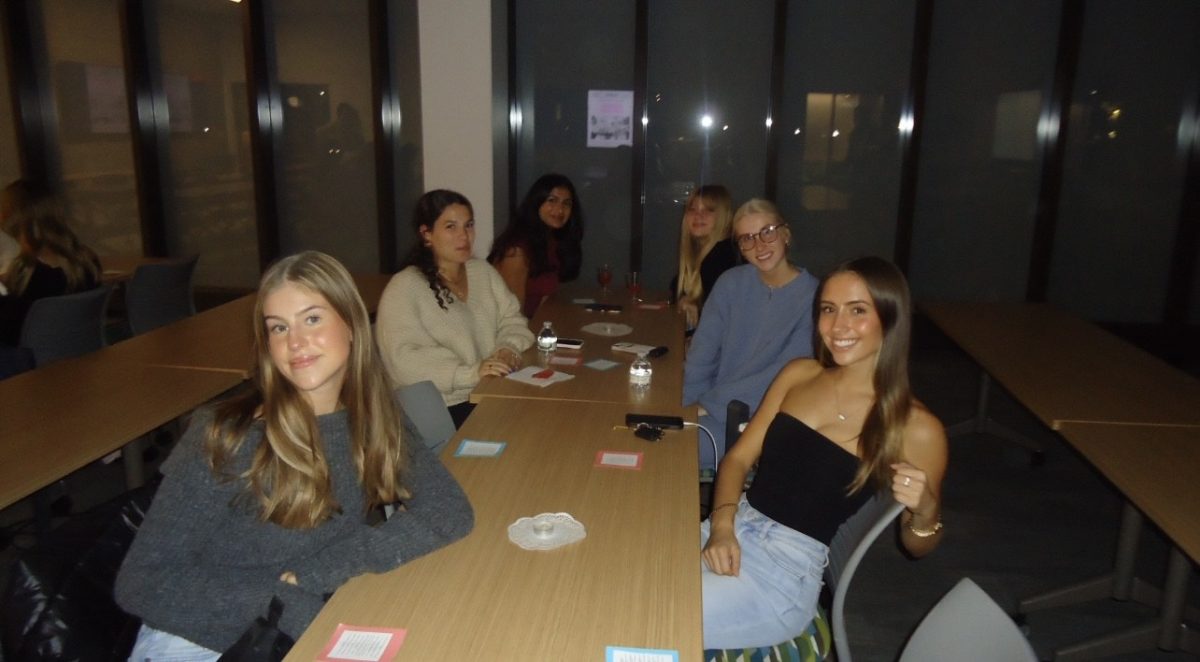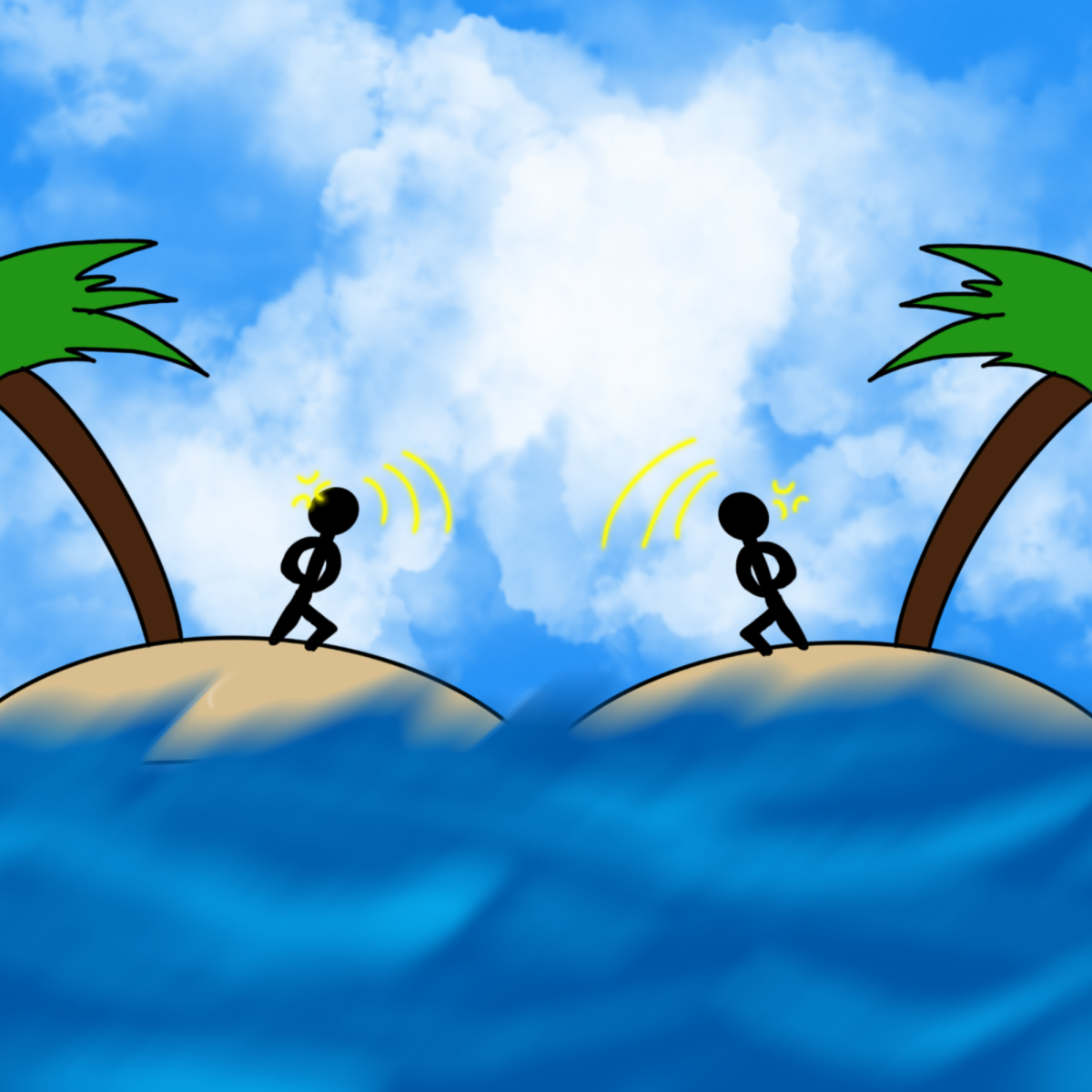I woke up on Nov. 6, to the news that Donald Trump would be coming back into office. I was less than thrilled, to say the least, because a man who seems hellbent on taking away people’s basic rights, had all the power in this country once again.
This election was my first time voting, and I had so much hope that we would all make the right decision by voting for Kamala Harris. That was obviously not the case because I’m now writing this article.
Trump shares none of my morals. And while I wanted to lead with love and not become overwhelmed with his hate, I just couldn’t.
Following the election, I started to come across a post on Instagram that seemed inescapable. The post read, “Elections come and go…don’t let elections ruin your relationships.”
That post enraged me. How could many people I consider to be friends, be so nonchalant about human rights?
I realized I was completely willing to let Trump return to office as the reason I ended some relationships. That day alone I must have unfollowed nearly 100 people on social media.
It bothered me that the post, which garnered millions of views, made it seem so simple, saying, “The truest sign of maturity is the ability to disagree with someone while still being respectful,” and to “Not let politics ruin your relationships.”
While I do think it’s okay and completely normal to agree to disagree on policy and the economy, this election had so much more at stake.
Human rights were on the line. LGBTQ+ rights, women’s rights, voting rights, and protections against racial discrimination are now all at risk.
So, posting something about how it would be immature to cut somebody off because they disagree with your morals, was just something I found to be beyond ignorant and stupid.
At that moment, it felt like a necessary step to protect my mental health. I didn’t need to see posts that trivialized issues so close to my heart. But still, I started to look back and wonder if cutting those people off was the right call, or if it made me more isolated.
The more I thought about it—though not without a huge amount of reluctance—it became clear that protecting myself and engaging with differing opinions didn’t have to be mutually exclusive.
I initially resisted the idea, worried that opening myself up to those conversations from the other side might compromise my values or invite more pain into my life. Maybe it wasn’t about erasing connections, but about redefining boundaries, even though that thought felt so risky.
I thought about how one day when I am no longer confined to the streets of Rowan University, I am going to need to work and co-exist with many people who might not agree with me at all in terms of values, policy, economy, and even basic things like what to eat.
So, as much as I would love to isolate myself from everyone who disagrees with my viewpoints, I know that it would be impossible. So, this is my attempt to find a middle ground with others who disagree with me.
For comments/questions about this story DM us on Instagram @thewhitatrowan or email [email protected]

